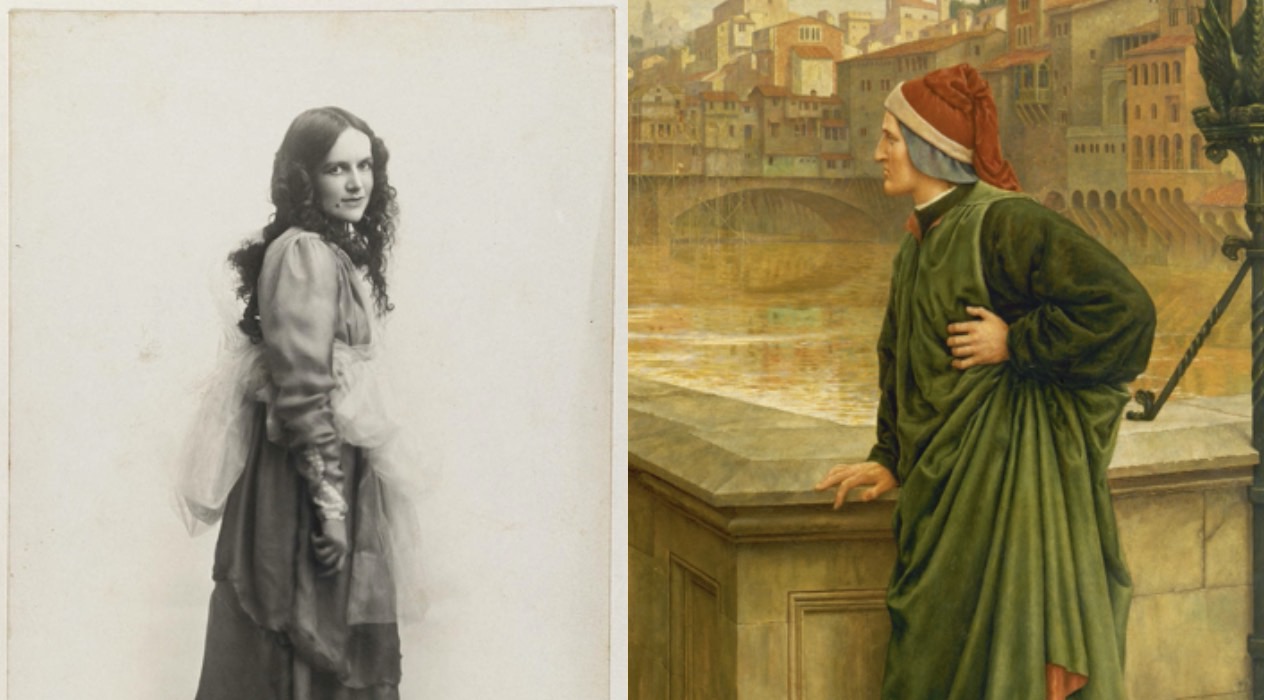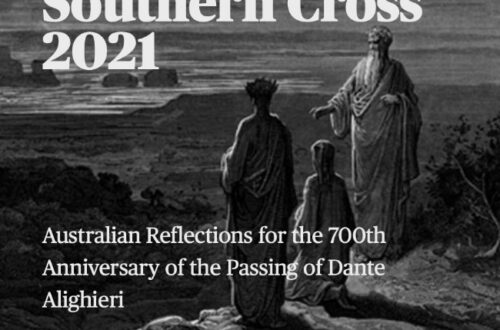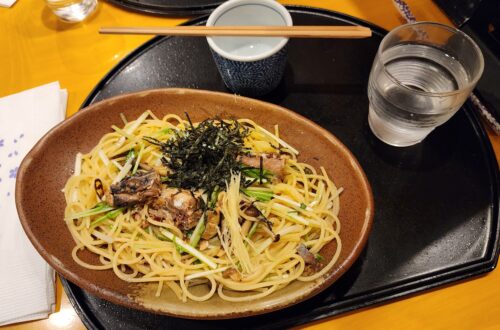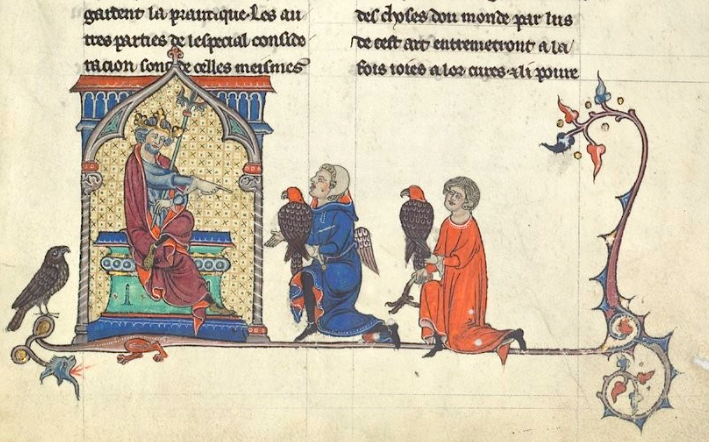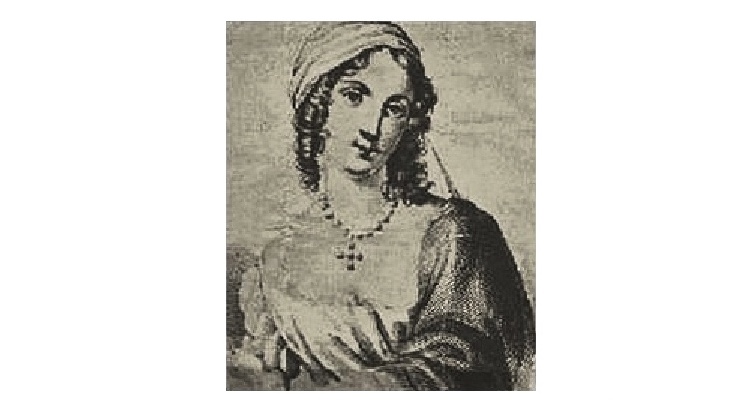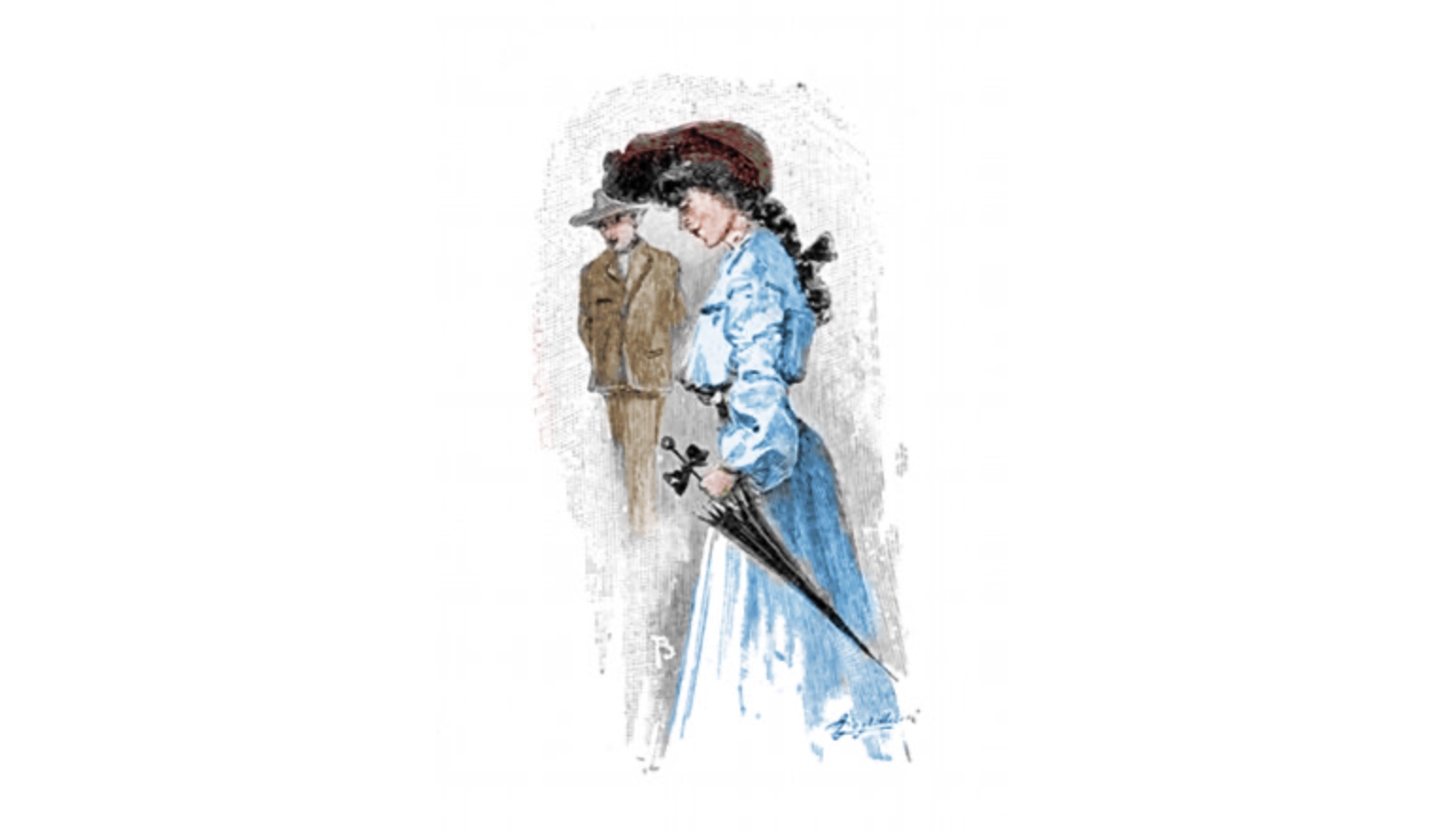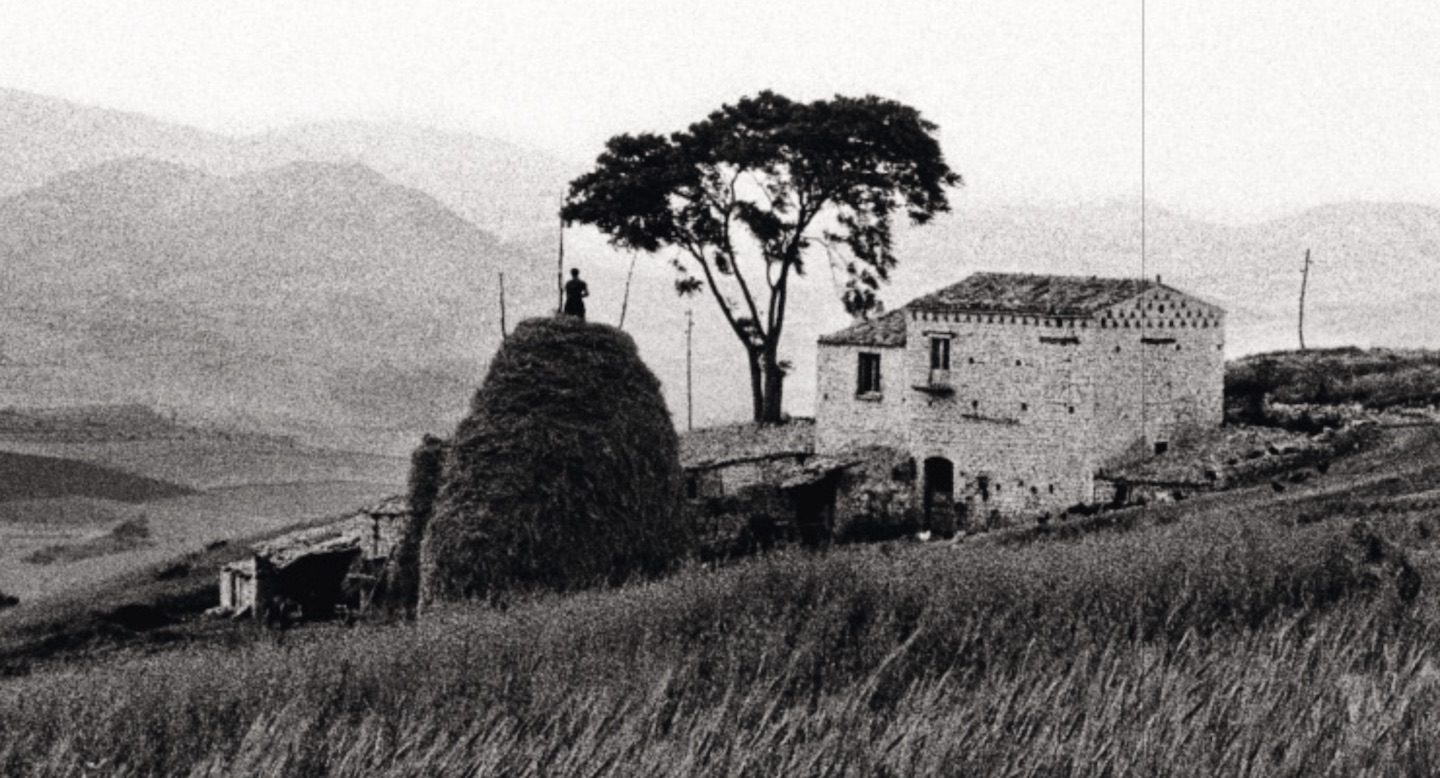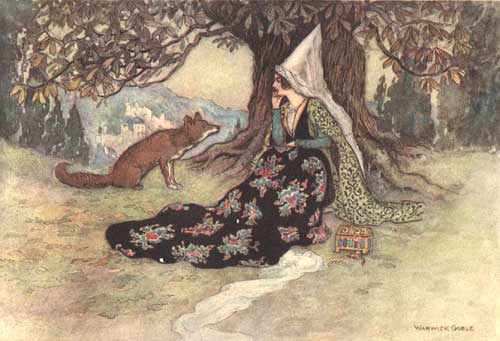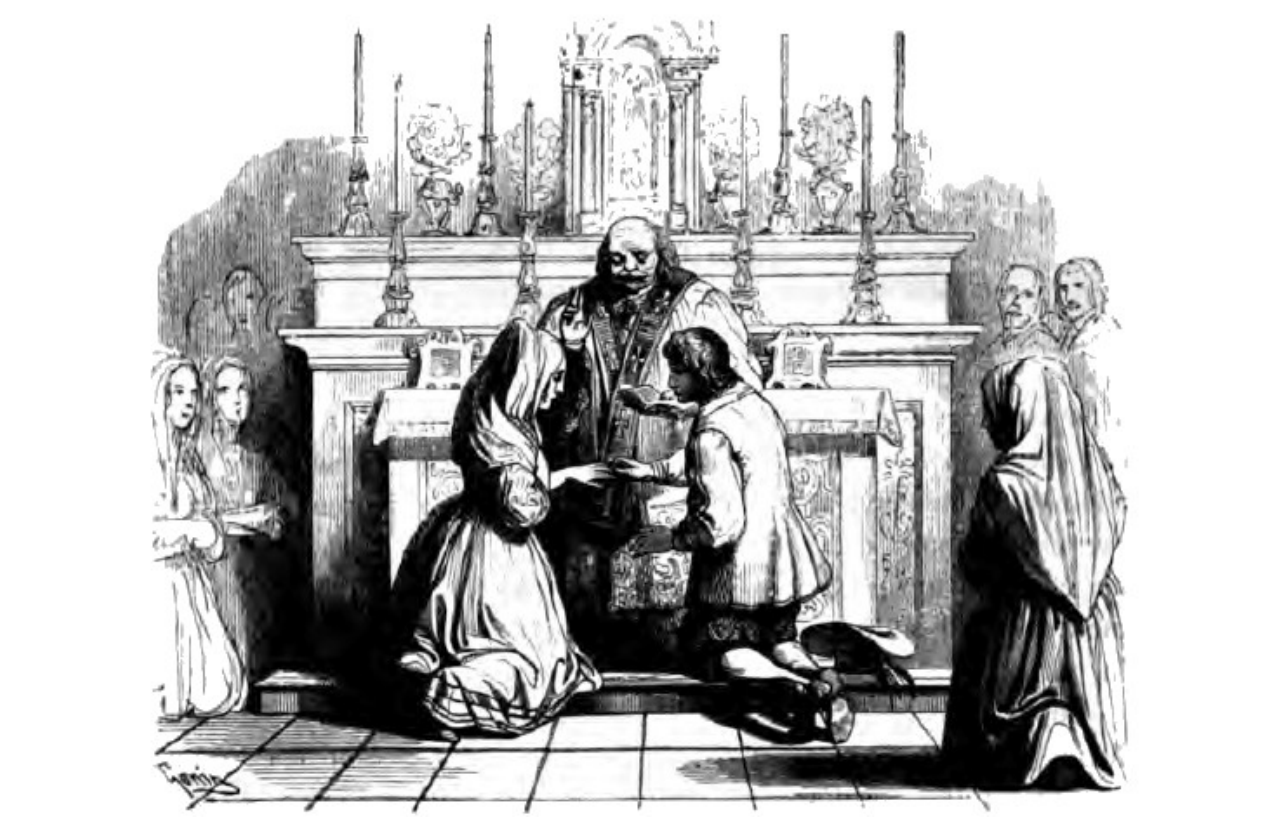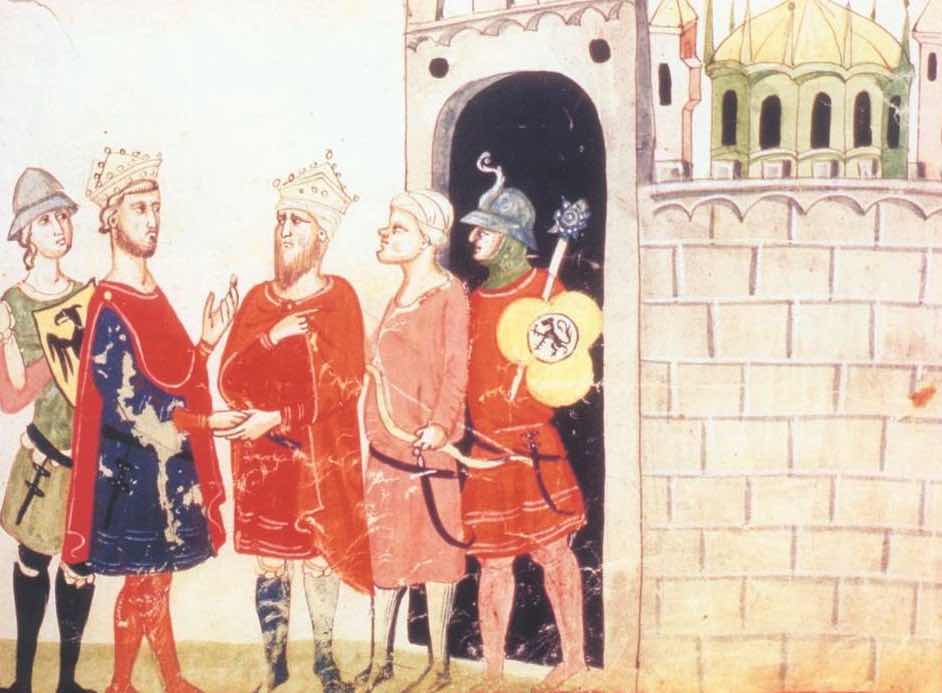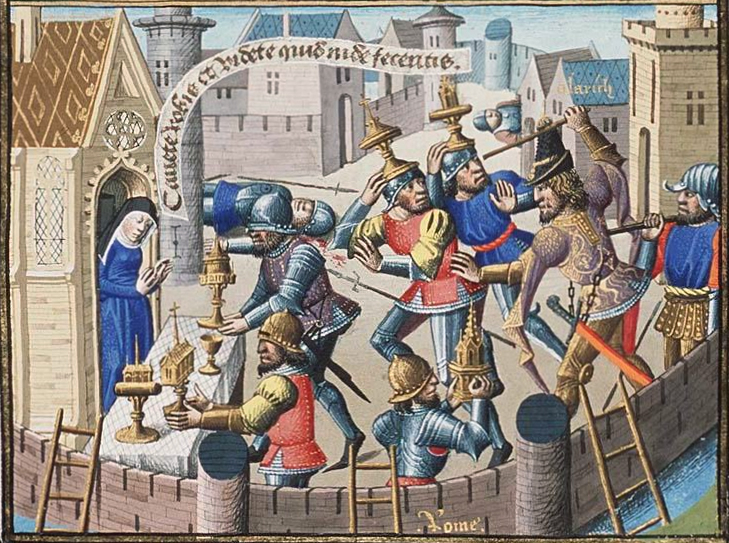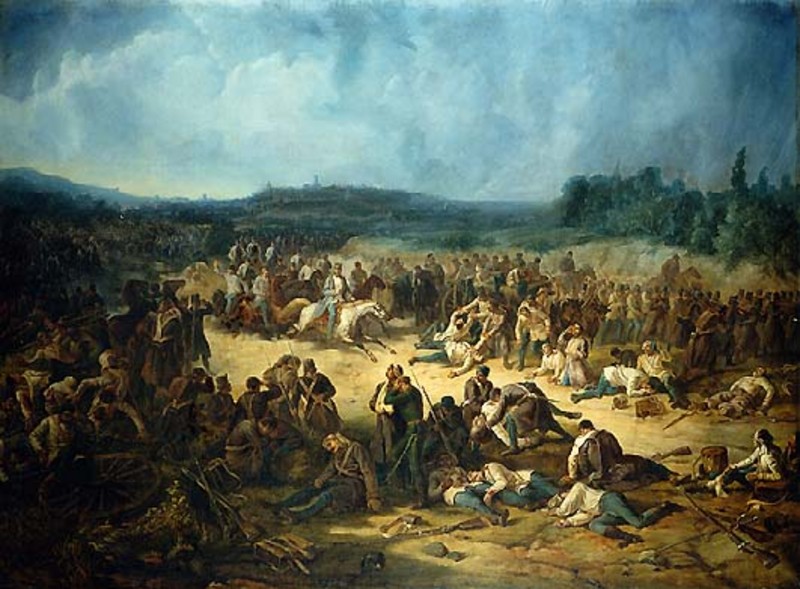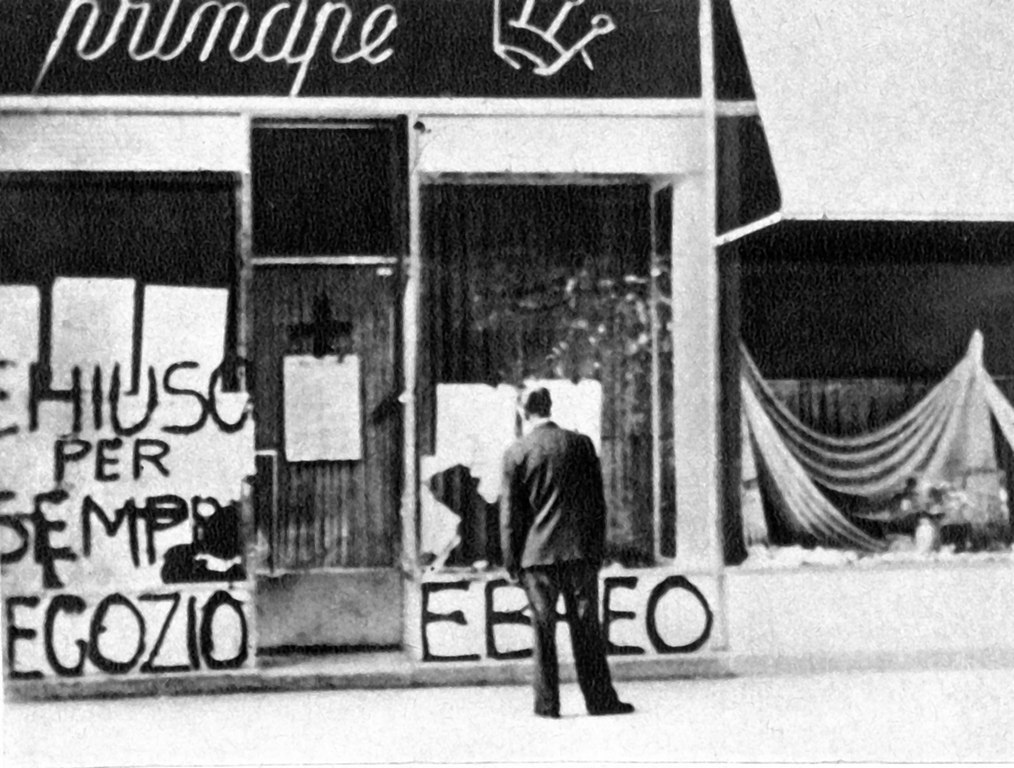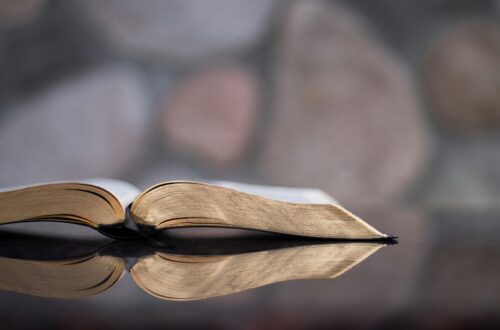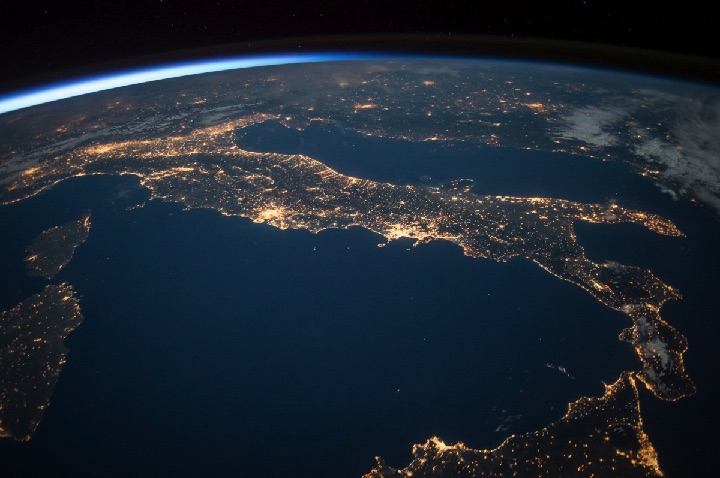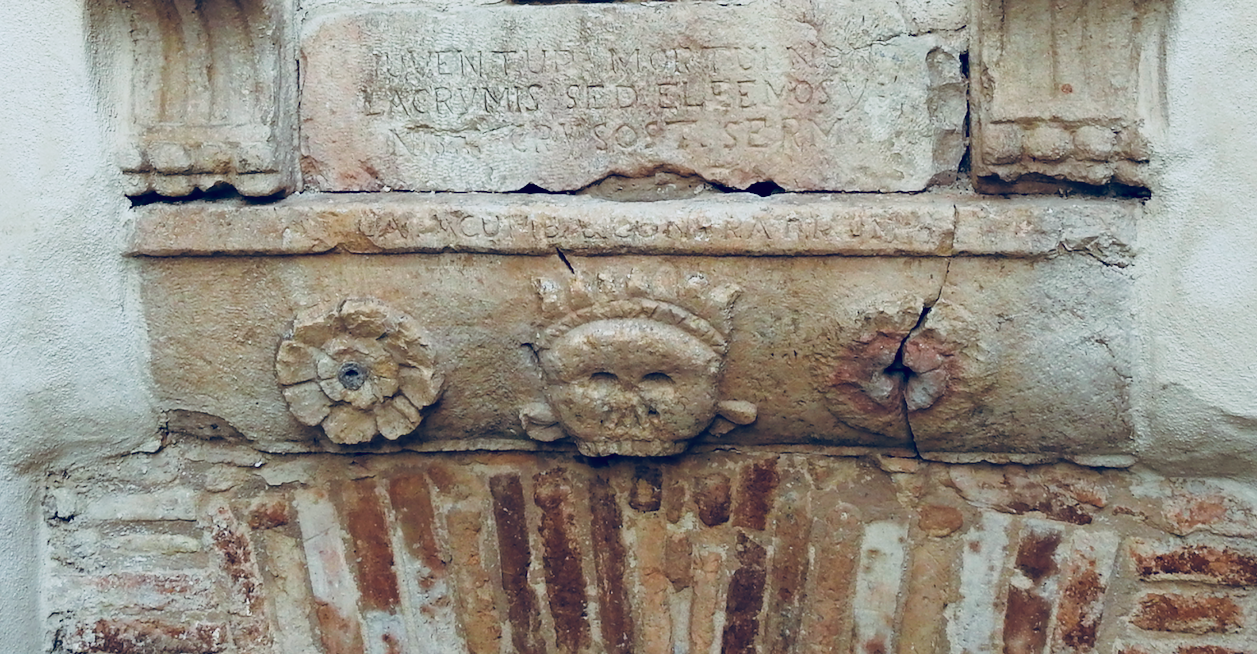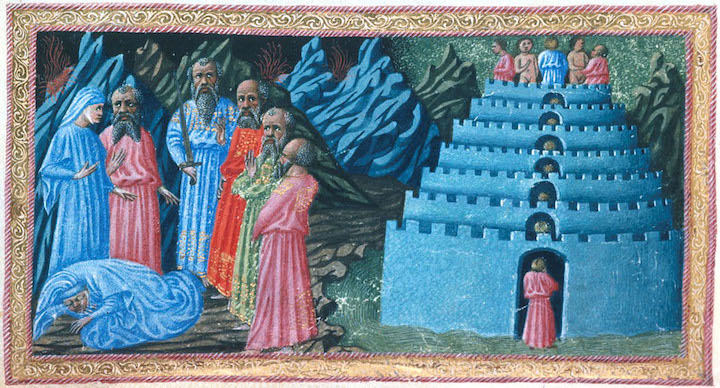-
Dante Alighieri in a Wide Brown Land*
On the hill beyond Canberra’s lake we do not find ourselves in Dante’s dark wood. Instead, the hundred carefully nurtured forests of the National Arboretum surround us. Some of its trees are from Australia, but many are from far beyond. As we appreciate their beauty, we see that these forests can symbolise Italians in Australia,[1] for we are part of the diverse heritage of this continent. Yet as our eyes turn to the ridge near the Himalayan Pines, we see a rusted monument rise from the land before us.[2] It is timeless, as it proclaims Dorothea Mackellar’s words “Wide Brown Land”. She wrote them about Australia in 1907; a young…
-
Prendiamo un caffè? Italian Coffee Culture
Let’s face it without the caffè this morning (yes, made with a traditional Italian caffettiera), I wouldn’t be writing this. Names like espresso, cappuccino, latte, and the now ubiquitous Italian espresso machines are a standard part of Australian cafe culture. So it’s natural to assume there is something quintessentially Italian about coffee. As Simona Lidia, a blogger on Italian culture jokes “an Italian will always believe deep inside that coffee grows spontaneously in Italy, and only in Italy, since the Lower Paleolithic.” Living Italian Coffee If my experience is anything to go by Italians, even in diaspora, can’t escape Italian coffee culture. Growing up, the tiny white cups were there…
-
Emperor Frederick II, the Wonder of the World and the Art of Falconry
Frederick II has been praised to the heavens and condemned to the depths of hell (by both Pope and Poet). The Son of Apulia, Wonder of the World, Holy Roman Emperor, perjurer and sacrilegious heretic, “Sultan” of Lucera, violator of his pledge as crusader, peaceful liberator of Jerusalem, enlightened patron of science and founder of universities, brutal in the extreme, law maker, the lamented sunset of the glory of Norman Italy. He has been called the first European and the “first modern man to sit on a throne”. He was also the author of “The Art of Falconry” or de Arte Venandi cum Avibus. Such are some of the memories…
-
Matilde Serao and the Life of Cristina
Matilde Serao was unusual. In 19th century Naples, she was a successful journalist, writer and newspaper proprietor. Her fiction was widely published and quite a few of her works were translated into English in her own lifetime. Cristina is the main character of Matilde Serao’s short story of the same name. But Cristina lives in another world. The story’s opening words begin to sketch its nature. While Cristina leant over to gather a fragrant clump of basil with which to flavour her tomato sauce boiling in the kitchen, she heard a brief and sweet whistle. Mentre Cristina si chinava a cogliere un ramoscello di basilico odoroso, da mettere come aroma…
-
Alessandro Manzoni and the Betrothed (I Promessi Sposi)
Alessandro Manzoni is a talented story teller and a perceptive observer of character. His novel, the Betrothed (I Promessi Sposi) has been celebrated as a gem of Italian literature ever since its publication. It is readily available as a physical, ebook or audiobook (see below) and several movie and serial versions have been made. The novel’s main characters, Renzo and Lucia are in love and they are to be married. Yet achieving this happy and unexceptional outcome turns out to be far from easy in Lombardy of the 1600s in which the historical novel is set. Manzoni wrote his book in the early 1800s, two hundred years later, so we see a more…
-
Police Order Number 5: The Jewish Holocaust in Italy
For years talk of race had been everywhere and step by step the path led towards the Jewish Holocaust in Italy. When, on 30 November 1943, Duffarini-Guido, Minister of the Interior placed his signature on Police Order Number 5, what was already a reality of oppressive persecution became an implacable machine of death. Primo Levi passed through that machine when it sent him to Auschwitz. The War in Italy On 9 July 1943 allied troops had landed in Sicily and by 3 September the invasion of the Italian mainland began. The same day Italy signed an armistice with the allies. The Grand Fascist Council had already lost faith in “Il…
-
Italy’s Rapunzel, Cinderella and other Italian Fairy Tales
The first European collection of Fairy Tales, the Tale of Tales was written in Naples in 1630. It tells such well-known stories as Rapunzel (Petrosinella – or Little Parsley) and Cinderella (La Gatta Cenerentola). Giambattista Basile wrote the Tale of Tales (also known as the Pentamerone) in Neapolitan rather than standard Italian. It was the first book of children’s fairy stories published in Europe and arguably gave birth to the written genre that we know today, although the spoken tradition is much older. Basile’s book is a who’s who of fairy tale characters we know today. As well as Rapunzel and Cinderella (La Gatta Cenerentola) the story of Snow White,…
-
Isabella’s Castle Prison and Her Poetic Escape
Isabella di Morra looked out from a height. Below, in a deep chasm, flowed a river. Her river, the Sinni. Isabella turned her eyes to the sea, searching the horizon for a ship. It was the ship that would carry her free from her prison, her own family’s castle. D'un alto monte, onde si scorge il mare,miro sovente io, tua figlia Isabella,s'alcun legno spalmato in quello appare,che di te, padre, e mi doni novella, ...From a high mountain, where sea is seen,Often I gaze, Isabella, your daughter,For the gleam of any glistening beam,Which of you, father, brings news across water ...Ch’io non veggo nel mar remo né vela (così deserto…
-
Commentary – Who am I to Speak to You of Italy
This article is the promised commentary on: “Who am I to Speak to You of Italy“, which I wrote in April. In part a commentary recognises that our words never really leave us. They travel along with us and reveal new unimagined meanings and inspire new departures as they speak to us from memory. Much is communicated in Who am I to Speak … by allusion; and many unwritten and written words lie under those that were set down, and a commentary may enrich communication. However, it is not necessary to read the commentary and you may choose not to do so, as commentary (even by writer) may also confine…
